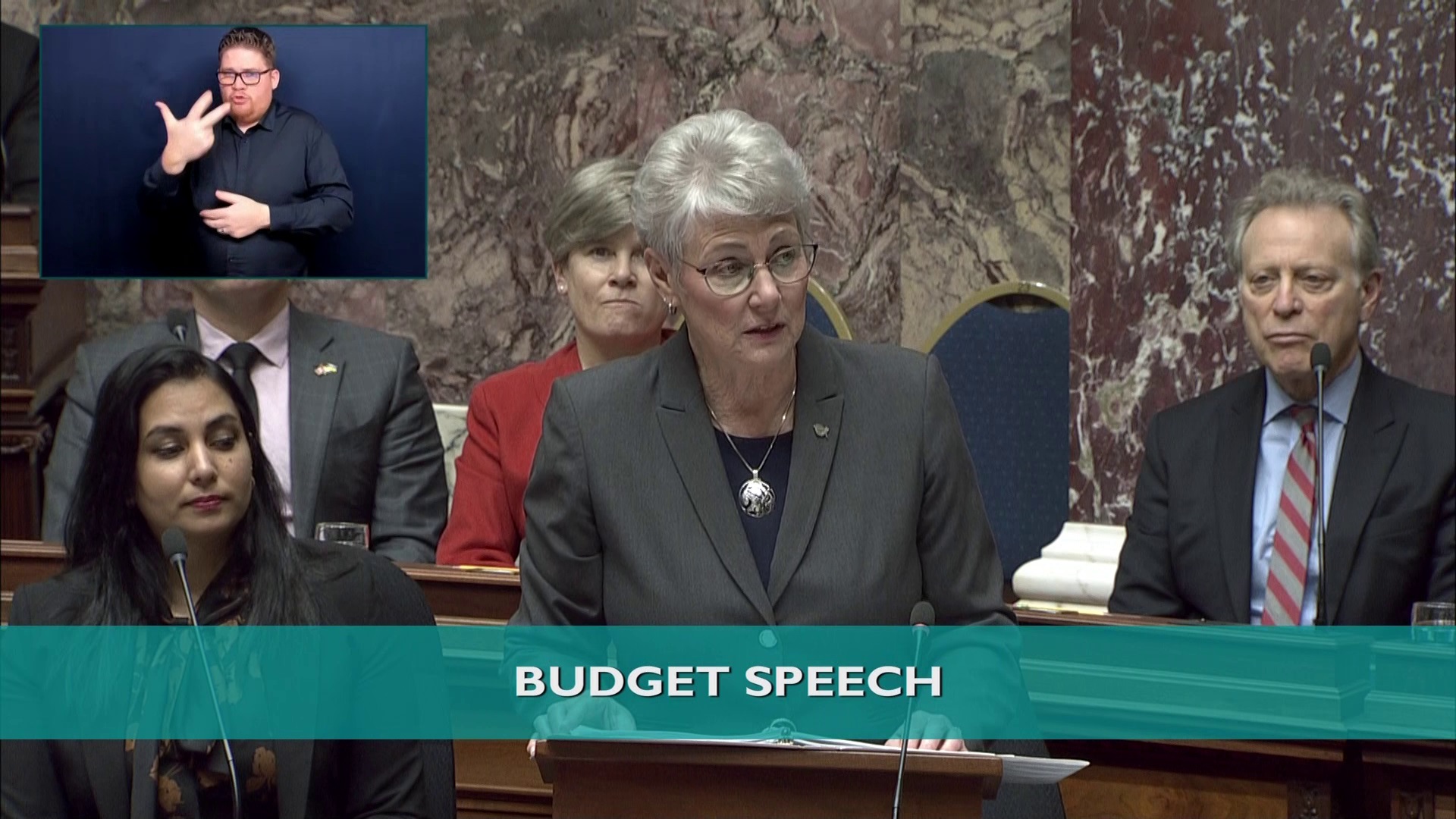It is also the job of MLAs to examine the activities of Cabinet ministers and their ministries, to consider taxation measures, and to debate and vote on the Estimates - the money requested by government ministries each spring to fund programs and pay the public service for the coming year. This process is called granting supply
Every financial appropriation approved by the Legislative Assembly is passed in the form of legislation known as a supply bill. Once the Legislative Assembly has debated and voted upon all government financial requests, the Legislative Assembly will need to approve a final supply bill. The passing of this legislation indicates that the Members of the Legislative Assembly have authorized the government to withdraw from the Consolidated Revenue Fund amounts up to, but not exceeding, those approved by the Assembly.
The government’s financial year runs from April 1 to March 31 of each year. The cycle usually starts in February (although this date may change if there has been a recent provincial election), with the tabling of the government’s Estimates, followed by the finance minister’s presentation of the budget speech that same day. Once the Assembly has an opportunity to debate the general content of the budget, MLAs then vote on a motion to enter into the Committee of Supply to debate the Estimates. This vote is considered a vote of confidence. If the government loses a vote of confidence, it is said to have lost the support of the Legislative Assembly and must therefore resign or seek a dissolution of the Assembly and proceed to a provincial general election.

